
How Long Do Shrooms Stay in Your System and Can They Cause a Failed Drug Test Result?
Shrooms, magic mushrooms, psilocybin, whatever you call them—they’ve earned their spot as the cool, mystical fungi that can take you on a journey through vibrant
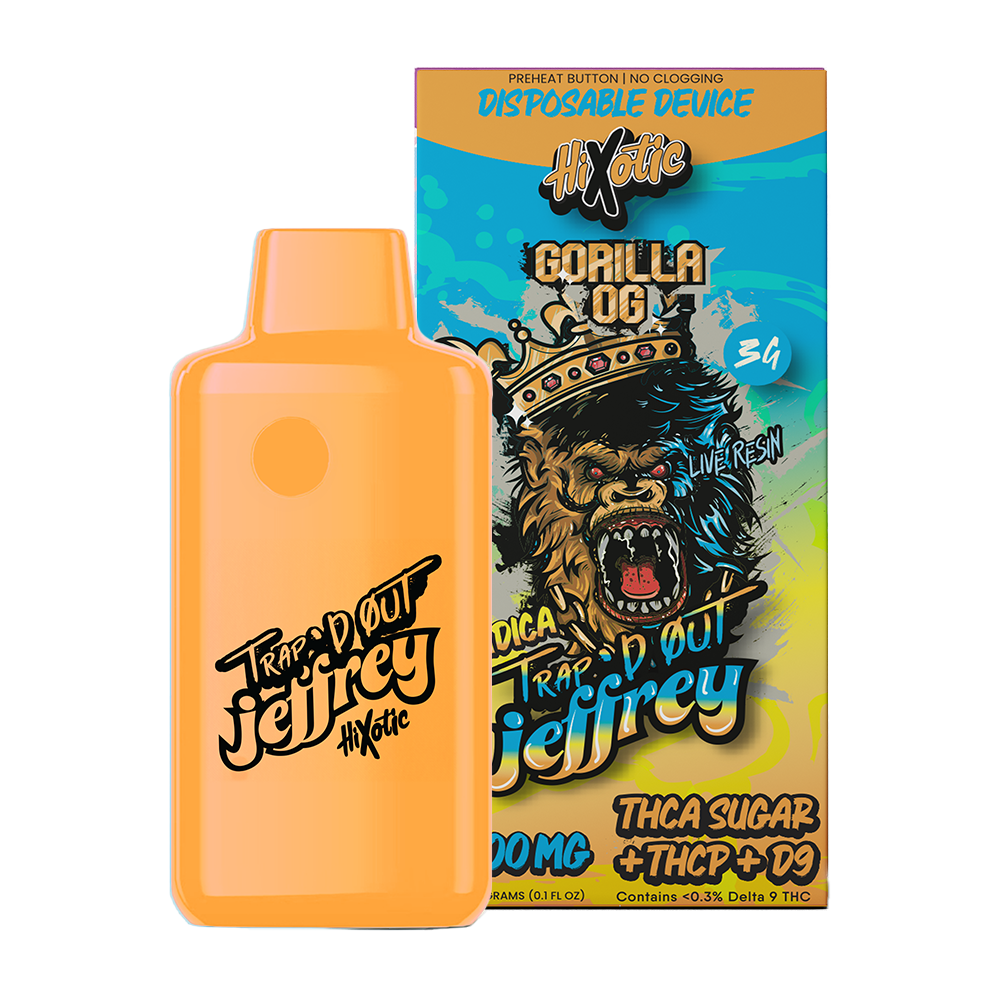


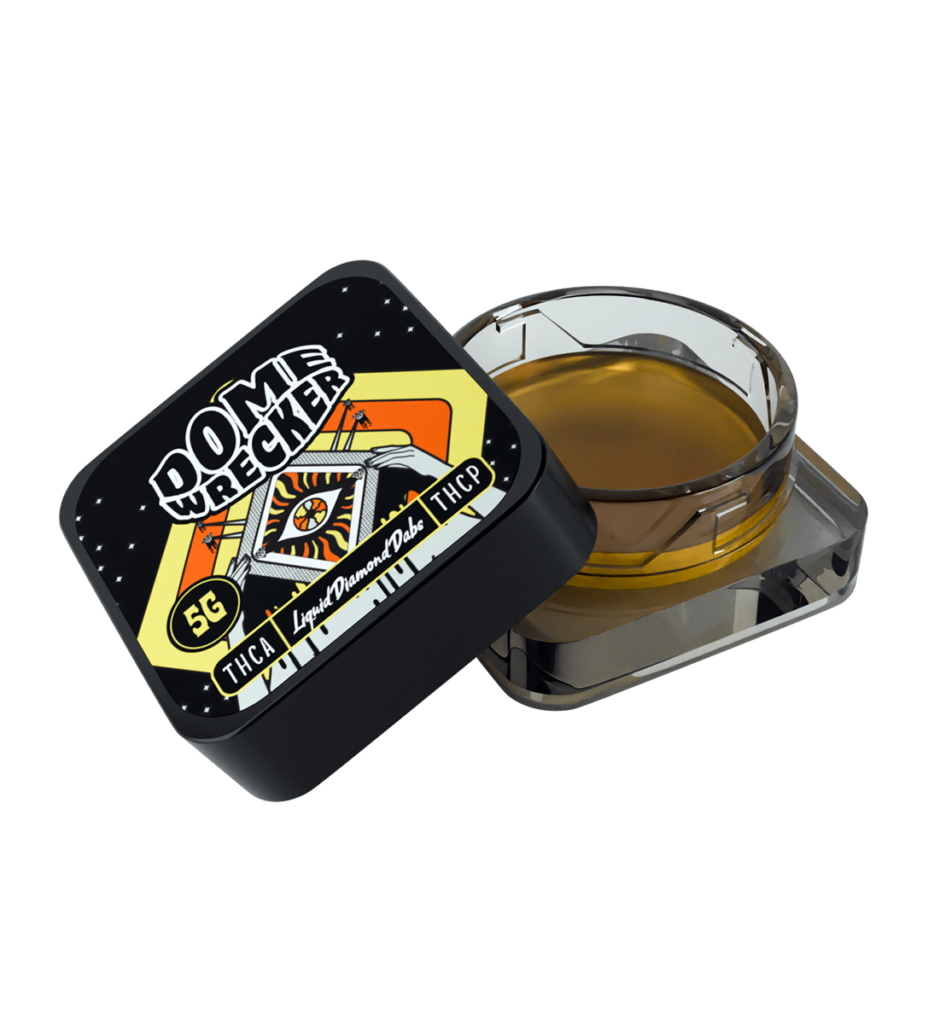
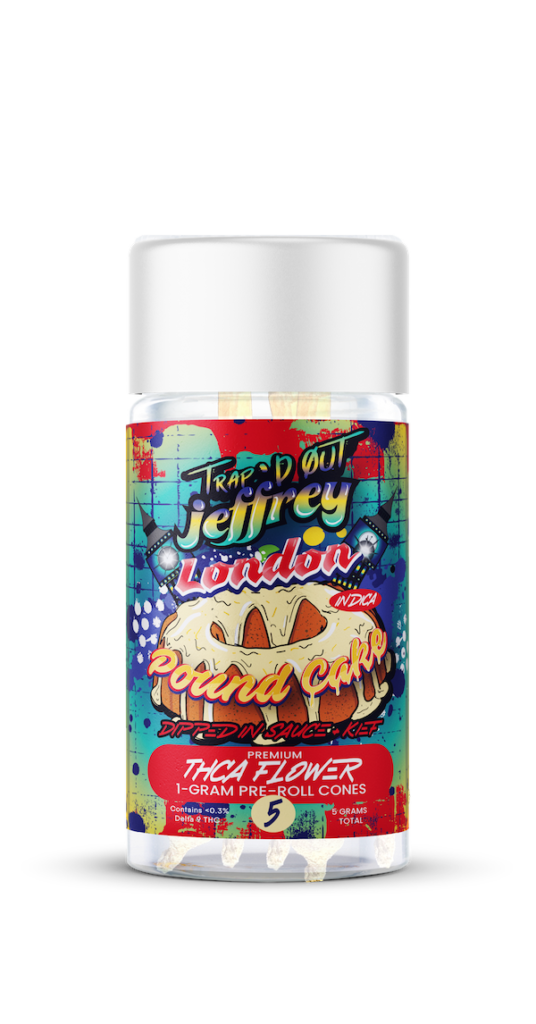

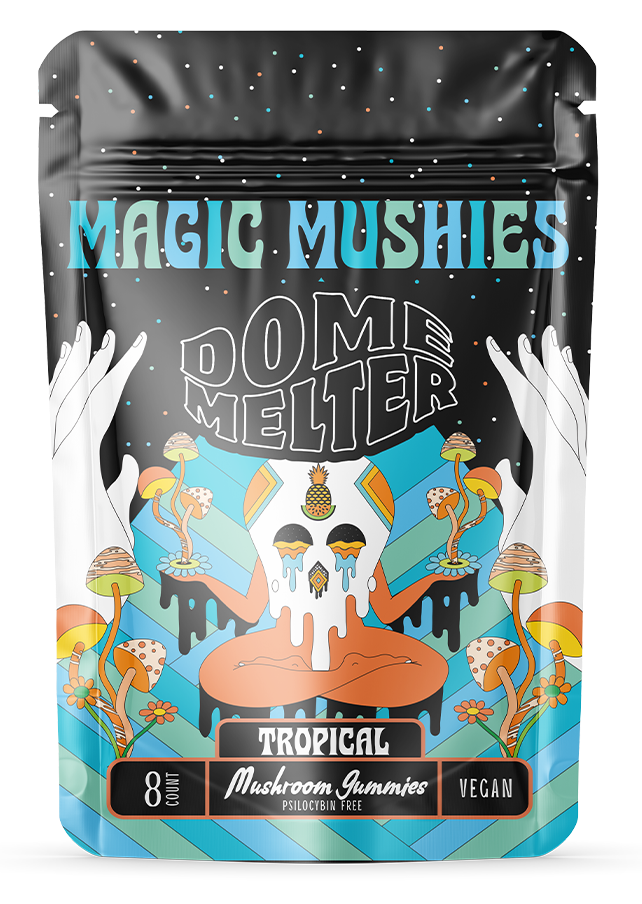
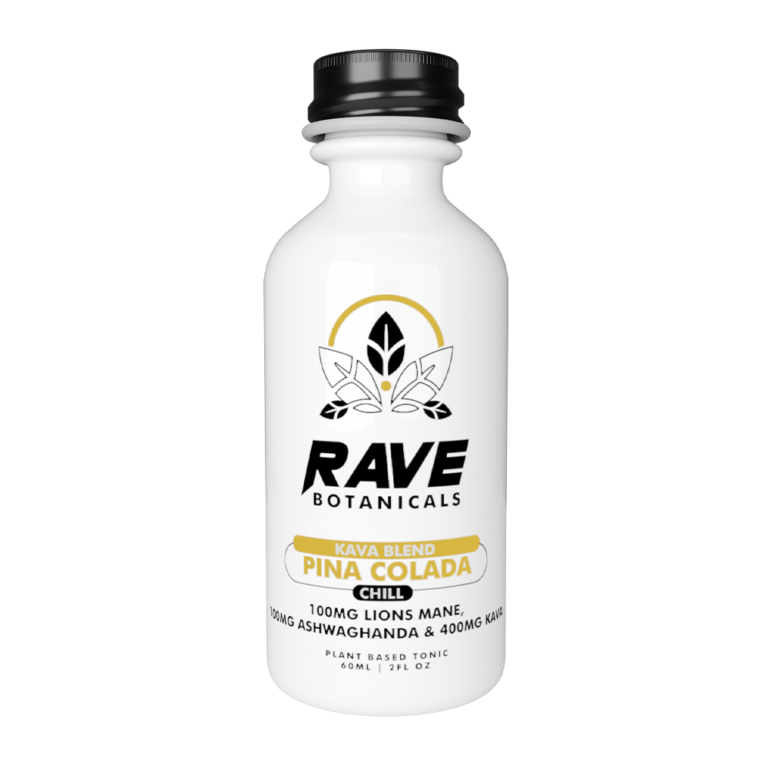

Did you know that the hemp industry has been through many evolutions over the last 12 years? This, of course, has coincided with the discovery of many extremely exciting cannabinoids we didn’t know about until recently. One cannabinoid in particular is THC-P, which has really taken the market by storm, mainly thanks to its unbelievable potency that can give you a high like never before. Now, if you’ve never tried it before, you might be hesitant to try it since you know so little about it. We’re gonna give you the 411 on this cannabinoid, so that you can decide whether or not it’s something you should potentially try.
Tetrahydrocannabiphorol (THC-P) is a trace cannabinoid in cannabis that was only discovered in 2019 by a team of Italian researchers led by Cinzia Citti and Giuseppe Cannazza from the University of Modena and Reggio Emilia. The discovery was part of their research aimed at identifying and characterizing the components of a particular strain of cannabis using a sophisticated technique called liquid chromatography-high resolution mass spectrometry (LC-HRMS). This method allows for the detailed analysis of chemical compounds in a sample, providing insights into its molecular structure and composition.
The researchers were investigating the FM2 cannabis strain provided by the Military Chemical Pharmaceutical Institute in Florence, Italy. Their analysis led to the identification of several cannabinoids that were previously unknown, including THC-P and CBD-P (cannabidiphorol, a similar compound related to cannabidiol (CBD)).
Tetrahydrocannabiphorol attracted significant interest due to its potent psychoactive properties; THC-P is unique in that it attaches to cannabinoid receptors (CB receptors) in the body far better than other cannabinoids that we know of, due to its carbon side chain structure. It can attach to cannabinoid receptors at up to 33x the rate of delta 9 THC. Meaning, that in general, its effects are far more potent than what we witness with other cannabinoids, i.e., delta 8 THC, delta 9 THC, THC-V, etc.
Tetrahydrocannabiphorol’s discovery has also opened new avenues for research into the cannabis plant and its potential therapeutic applications, given its unique properties and higher potency compared to THC. It also highlights the complexity of the cannabis plant and the potential for discovering other cannabinoids with unique effects and medical benefits.
Again, THC-P is most certainly an intoxicating cannabinoid, which can get you very high, thanks again to its ability to attach to CB1 receptors in the brain at a far higher rate than delta 9, or any other cannabinoid we know of so far. Basically, it has been estimated that tetrahydrocannabiphorol can be 10x as intoxicating as delta 9 THC. So, you can imagine how strong that is, and why it’s best used by someone with a decent THC tolerance to start out with.
Its high is described as one that can produce both euphoria and relaxation. And, many people who take it report feeling a sense of powerful bliss in both the mind & body. Remember though, the strain you choose will also influence what that high feels like.
Yes, tetrahydrocannabiphorol, like other psychoactive cannabinoids, can cause a failed drug test result to occur. Drug tests designed to detect cannabis use typically look for THC or its metabolites. Again, since THC-P is a cannabinoid that shares a similar chemical structure with THC and is psychoactive, it could potentially be metabolized by the body in a way that produces metabolites detectable by these tests.
Most standard drug tests do not differentiate between different cannabinoids and primarily focus on detecting the presence of THC metabolites. Given that THC-P is a relatively new compound of interest within the cannabis research community, specific studies on THC-P and drug testing are limited. However, considering its close relation to THC, it’s reasonable to assume that using THC-P-based products could result in a positive drug test for cannabis use, especially if the test is sensitive to a wide range of cannabinoids.
It’s also worth pointing out that the sensitivity and specificity of drug tests can vary, depending on the type of test used:
While scientific research on tetrahydrocannabiphorol is still in its early stages, we can still explore potential benefits and side effects. Before we breakdown what they are, remember that THC-P’s research is limited compared to more established cannabinoids. Not only that, but much of the information available is based on anecdotal evidence and preliminary studies. As with any cannabis product, individual responses to THC-P can vary. Hence, it’s important to begin with a low dose and monitor its effects carefully. Also, if you plan on taking THC-P for the first time, it’s recommended to have a talk with your doctor prior to trying it.
Again, as we cannot stress this point enough, THC-P has not been studied exhaustively over the course of several decades, like delta 9 THC and CBD. But, when it was discovered a few years ago, the same cannabis researchers took the time to analyze its chemical properties in order to understand what kind of potential benefits it could offer. What they concluded is that basically, THC-P offers all of the potential benefits associated with delta 9 THC, only more potently. Those benefits include:
Currently, there hasn’t been a single cannabis compound found to be toxic. After all, cannabis has been used widely around the world for thousands of years. Plus, we know that nobody has ever died from taking it. Still, taking any psychoactive cannabinoid can cause some short-lived and mild side effects, and that’s true for this cannabinoid. These potential side effects include:
THC-P is a legal derivative of the hemp plant under federal law, specifically the 2018 Farm Bill. This piece of legislation permits all hemp derivatives to be legal, as long as they contain no more than 0.3% delta 9 THC by dry weight. Obviously, tetrahydrocannabiphorol is an intoxicating cannabinoid and an isomer of THC, but the federal government classifies it as a different cannabinoid, and it therefore complies, legally.
However, a number of states have banned THC isomers, including this one. While it isn’t explicitly banned in any one state, certain state laws clearly prohibit THC compounds generally, which are the following:
THC-P can be converted into a distillate – that’s a pure liquid concentrate. From there, all kinds of products can be made with it, such as:
Clearly, tetrahydrocannabiphorol has a lot to offer with its mega-potent effects and high efficiency for absorbing into the body. If you’re ready to check out what all of the THC-P hype is about, HiXotic has your back. HiXotic has crafted some outstanding THC-P products. Come explore this awesome collection and find your inner bliss like never before.

Shrooms, magic mushrooms, psilocybin, whatever you call them—they’ve earned their spot as the cool, mystical fungi that can take you on a journey through vibrant

Mushrooms have taken the health and wellness scene by storm. From functional mushrooms like Lion’s Mane and Reishi to psychedelic varieties making their way into